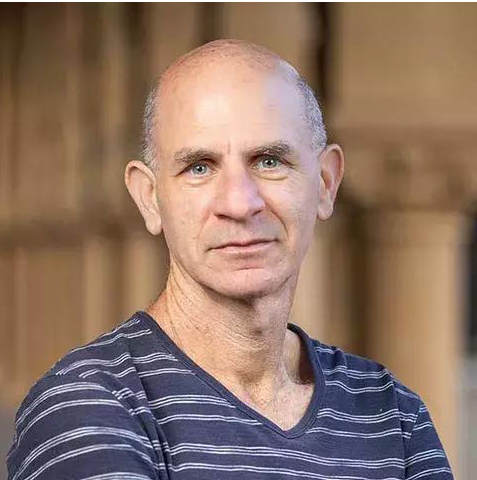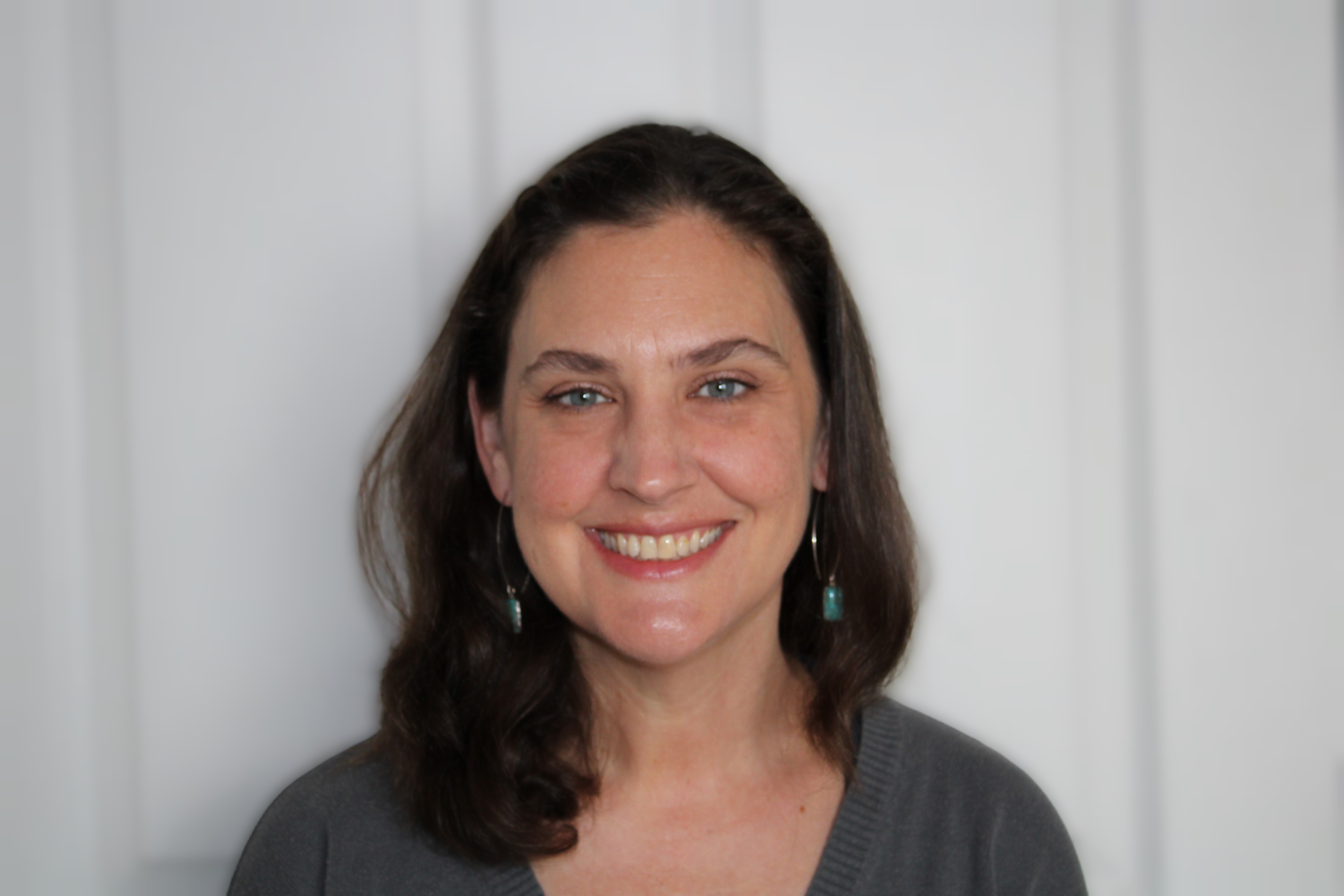
We’ve Got You Covered: Universal Coverage by Design: A Bold Blueprint for American Health Insurance Reform
Open Events
Friday, April 17, 2026
12 - 1 p.m. ET
The American health insurance system is fragmented, inefficient, and often unjust—leaving millions without coverage and many more vulnerable to losing it based on life events as arbitrary as changing jobs, moving states, or getting healthier. In their widely discussed book We’ve Got You Covered, economists Amy Finkelstein (MIT) and Liran Einav (Stanford) argue that this dysfunction is not accidental, but the product of decades of incremental fixes rather than intentional design. Drawing on original research, historical analysis, and lessons from international models, the authors propose a fundamental rethinking of how health insurance in the U.S. should work: universal, automatic, and free basic coverage for everyone—with the option to purchase additional supplemental insurance. This webinar will feature a conversation with the authors about their vision for a system built deliberately to provide security, equity, and simplicity. We’ll explore the trade-offs, implementation challenges, and policy implications of their provocative and timely proposal.
Panelists

Amy Finkelstein, PhD
Amy Finkelstein is the John & Jennie S. MacDonald Professor of Economics at the Massachusetts Institute of Technology. She is the co-founder and co-Scientific Director of J-PAL North America, a research center at MIT that encourages and facilitates randomized evaluations of important domestic policy issues. She is also the founding Editor of American Economic Review: Insights and the co-Director of the Economics of Health Program at the National Bureau of Economic Research. She is a member of the National Academy of Sciences and of the Institute of Medicine, and a fellow of the American Academy of Arts and Sciences and of the Econometric Society.
Dr. Finkelstein’s areas of specialization are public finance and health economics. Her research focuses on market failures and government intervention in insurance markets, and on the economics of healthcare delivery. From 2008-2020 she served as co-Director of the Public Economics Program at the National Bureau of Economic Research.
She has received numerous awards and fellowships for her research, including a MacArthur Foundation Fellowship (2018) and the John Bates Clark Medal (2012), given annually to the economist under the age of 40 who is judged to have made the most significant contribution to economic thought and knowledge. Other awards include an NIH MERIT Award (2020), the American Society of Health Economists’ ASHEcon Medal (2014), awarded biennially to the economist age 40 or under who has made the most significant contributions to the field of health economics, a Presidential Early Career Award for Scientists and Engineers (2009), the American Economic Association’s Elaine Bennett Research Prize (2008) and a Sloan Research Fellowship (2007). She has also received awards for graduate student teaching and graduate student advising at MIT.
She received her PhD in Economics from MIT in 2001, an M.Phil in Economics from Oxford in 1997 where she studied as a Marshall Scholar, and an A.B. in Government summa cum laude from Harvard in 1995. Prior to joining the MIT faculty in 2005, she was a Junior Fellow at the Harvard Society of Fellows.

Liran Einav
Liran Einav, PhD, Department Chair, Charles R. Schwab Professor in Economics, Stanford University
Liran Einav is a professor of economics at Stanford University and a research associate in the National Bureau of Economic Research, where he is directing the Industrial Organization Program. Einav’s areas of specialization are industrial organization and applied microeconomics. An important strand of his work is focused on insurance markets, including the development of empirical models of insurance demand and pricing, and empirical analyses of the implications of adverse selection and moral hazard. Much of Einav's current work is focused on healthcare markets. In the past he also studied consumer behavior and the pricing of subprime auto loans, competition in the motion picture industry, strategic commitment, and peer-to-peer internet markets. Einav is currently a co-editor at the American Economic Review, after serving as a co-editor at Econometrica and AEJ Applied. He received his undergraduate degree in computer science and economics from Tel Aviv University (Israel) in 1997, and his PhD in economics from Harvard University in 2002.
Moderators

Mario Macis, PhD
Professor, Johns Hopkins Carey Business School

Debra Ravert, MD is an Assistant Professor of Emergency Medicine at the Johns Hopkins School of Medicine.
This event is part of a larger series on the 'Conversations on the Business of Health,' which will be one-hour webinars that will engage leaders in business and academia. We will explore questions such as: Should companies invest in their employees’ health? Will artificial intelligence actually advance health? How can business offer healthcare in novel settings?
